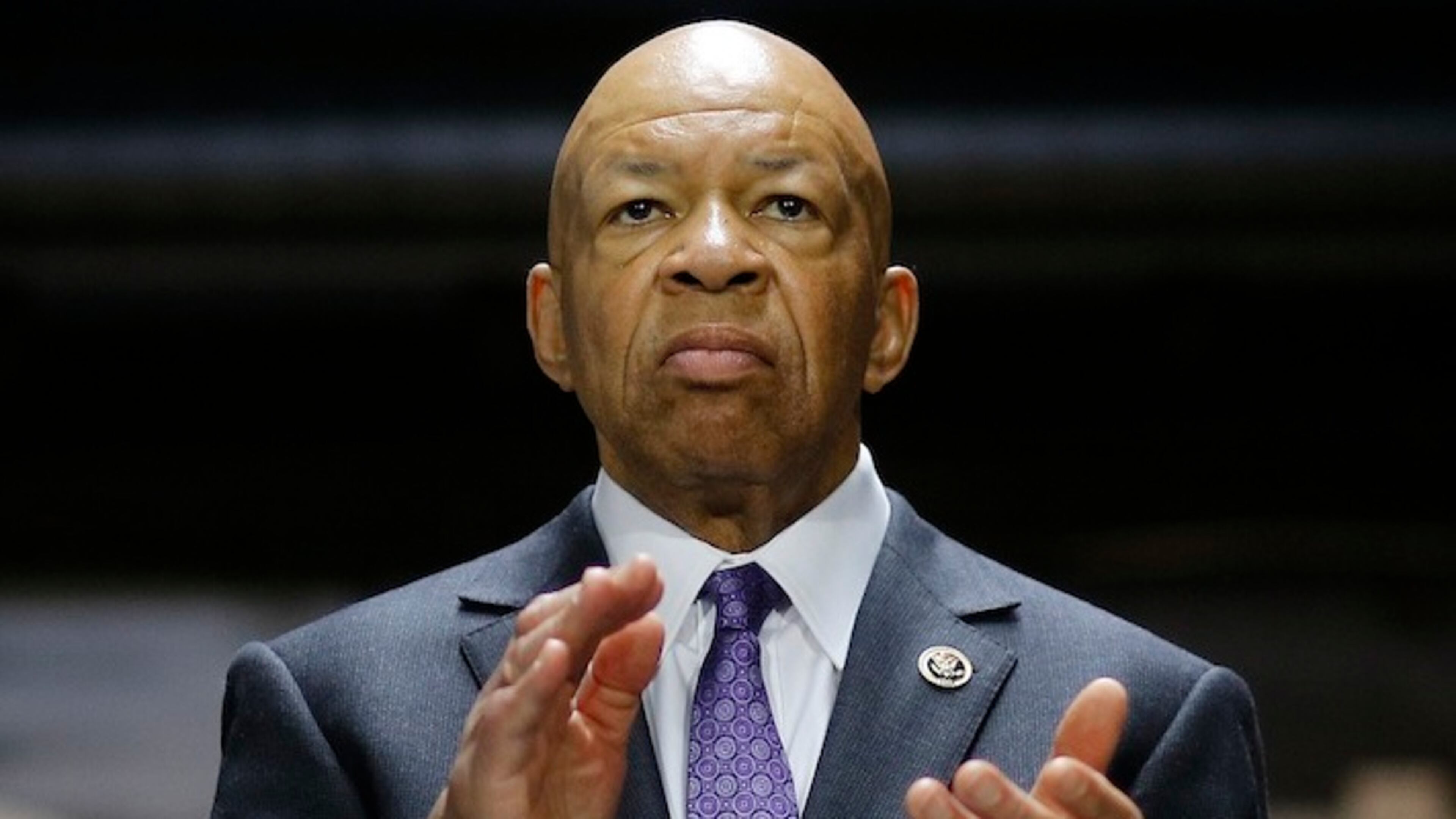A pay perk to leave Wall Street for Washington is under threat

WASHINGTON -- U.S. regulators want to put an end to a long-time Wall Street custom of giving executives multi-million dollar windfalls when they leave for government jobs.
The practice, where banks accelerate payments of stock options and other awards that may not be due for years, has benefited top appointees such as Treasury Secretary Jacob Lew as well as numerous lower-level officials. The payouts have come under scrutiny as lawmakers and the 2016 presidential candidates decry the closeness of Washington to the finance industry.
Language barring the immediate vesting of deferred compensation was tucked into a rule proposed last week that seeks to rein in improper risk-taking by bankers, brokers and asset managers. If approved, the measure could force financiers to leave a huge chunk of their bonus on the table, significantly changing the calculus for those considering a stint in public service.
"It's good to see that regulators are concerned," said Heather Slavkin Corzo, director of the office of investment at the AFL-CIO, which has campaigned to limit such awards, arguing that they can lead to lax oversight. "If somebody's just given you a big wad of money they weren't required to give you, it might give you a warm, fuzzy feeling about them."
Speeding up payouts is often a perk reserved for employees who accept government positions. Those who jump to competitors usually lose deferred compensation, which is meant to foster loyalty and help banks retain their best workers.
Agencies slipped the provision into the bigger pay proposal released April 21, writing that accelerating incentive compensation is "generally inappropriate," unless it's for reasons out of the employees' control -- such as death or disability. The broader plan is required under the 2010 Dodd-Frank Act.
The National Credit Union Administration was the first of six regulators to propose the rule. The regulation is subject to months of public comment and potential re-writing before a final version will take effect.
Lew joined the Obama administration in 2009 from Citigroup Inc., which had stipulated in his employment contract that it wouldn't pay incentive and retention awards if he quit. However, the agreement provided an exemption if Lew accepted a high-level position in the U.S. government. In a federal financial disclosure form, Lew noted that he was due to receive $250,000 to $500,000 worth of accelerated Citigroup stock when he left the company. He also reported $1.1 million of salary and discretionary cash compensation.
The issue of speeding up deferred pay got much more attention in late 2014 when President Barack Obama nominated Antonio Weiss, an investment banker at Lazard Ltd., for a top Treasury job.
Sen. Bernie Sanders, who's now seeking the Democratic presidential nomination, and Sen. Elizabeth Warren blasted the selection, arguing it was a prime example of the revolving door between Wall Street and Washington that results in regulators going soft on industry. Lazard agreed to give Weiss about $21 million in stock and delayed pay when he left, income he had earned but that had not yet vested.
At the time of the battle over Weiss's nomination, Richard Trumka, president of the AFL-CIO labor federation, sent a letter to Lazard and six other Wall Street banks arguing that accelerating payments was akin to receiving a "golden parachute for entering government service."
Regulators benefit by hiring from financial firms, according to supporters, because an industry background provides expertise that can't be replicated in Washington. In addition, such experience can be helpful in ferreting out wrongdoing. Often top bankers give up seven-figure salaries for jobs that pay less than $200,000 a year.
"Most people who go into government don't go because they want to get their stock options to accelerate," said Peter Wallison, a former White House counsel to President Ronald Reagan who is now a fellow at the American Enterprise Institute. "They want to build a career. And they want to learn things."
While the debate over whether companies gain when their executives join the government has long raged, it has become even more of a flash point after taxpayers were forced to bail out the biggest U.S. banks during the 2008 financial crisis.
Last year, Democratic lawmakers proposed legislation that would ban financial firms from issuing deferred compensation immediately.
"No company would offer these payments if they didn't yield some benefits to them," Rep. Elijah Cummings of Maryland said when announcing the bill in July with Sen. Tammy Baldwin of Wisconsin. There's "absolutely no reason that someone entering government service would need a payment from any outside source as a reward for that service."


